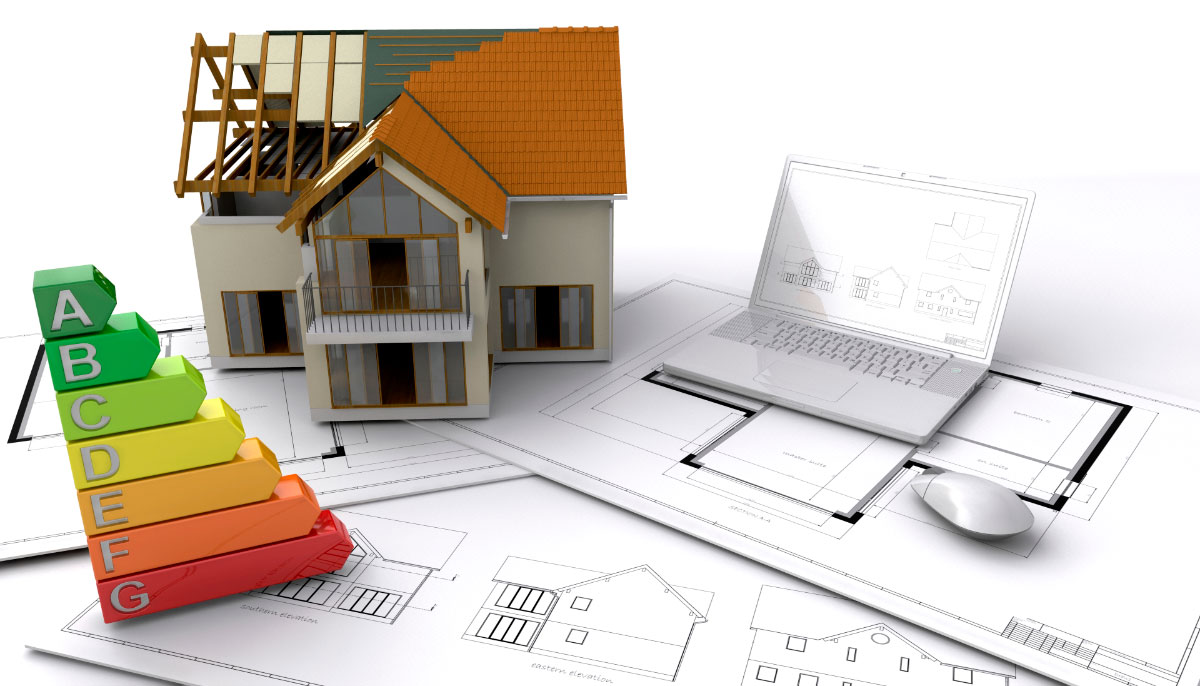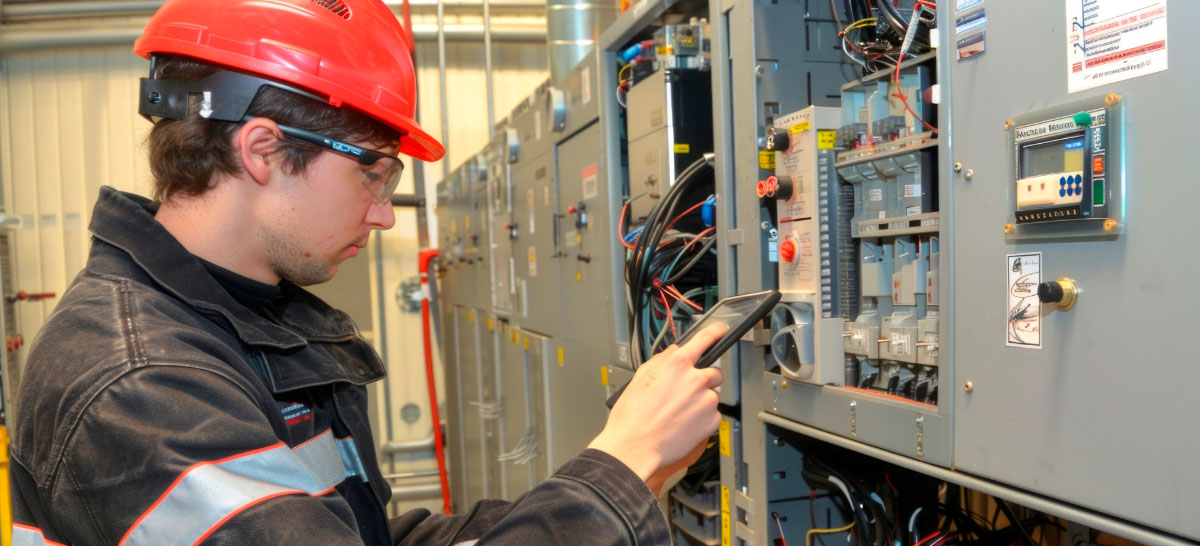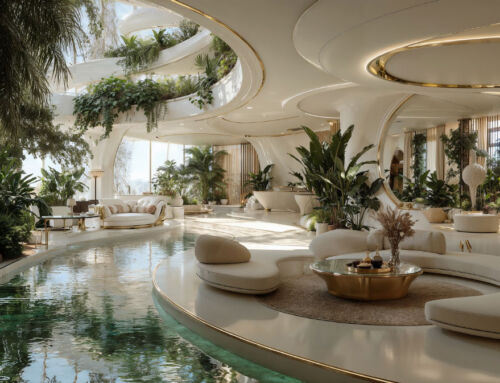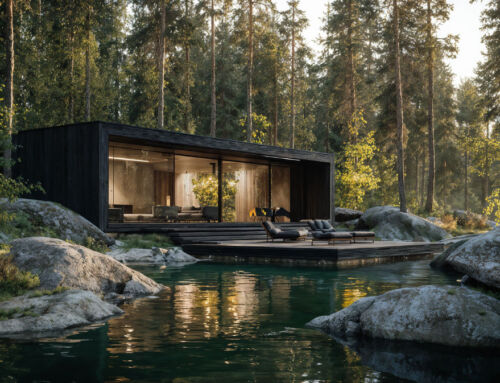Amusement Logic considers energy efficiency to be of great importance in all the waterpark projects it develops. However, energy efficiency should not only be considered in the design and construction of a new project, but is also an important issue in projects that have already been built and are operational.
For these existing projects, an energy audit is relevant. This puts a water park in a position to carry out the necessary transformations in order to obtain certifications that prove, in addition to compliance with the applicable regulations, its commitment to sustainability. As a result, it can claim added value in the eyes of its target public. Let’s take a look at how an energy audit is carried out in a water park.
The process of an energy audit in water parks starts with the collection, analysis and study of all available data from the different areas, facilities and operational processes. According to Amusement Logic’s extensive experience in this type of projects, the facilities with the highest energy consumption are classified into three main blocks:
-Pumping systems, responsible for the movement and filtration of water.
– HVAC (heating, ventilation and air conditioning) systems for buildings, and water heating systems for swimming pools.
–Lighting, both indoor and outdoor, and in common areas and attractions.
To improve the energy efficiency of all these systems, a good energy audit will recommend the following actions:
-Making hydraulic equipment more efficient: installing variable frequency drives and/or soft starters on hydraulic pumps optimises their energy consumption.
–Solar systems and efficient alternatives: the incorporation of solar systems or more efficient equipment to air-condition buildings and heat swimming pools can reduce energy consumption by up to 20%.
-Switching to LED lighting: replacing traditional lighting with LED systems, together with the installation of motion sensors, will reduce energy consumption by 30-50% in common areas and attractions.
The immediate benefits of the energy audit include the following:
-Savings in operating costs: the energy bill will be reduced by up to 30%.
–Optimisation of key equipment: pumping, heating and water filtration systems will be more efficient, reducing energy consumption without compromising the safety and water quality of the water park.
–Environmental sustainability: by reducing energy consumption, the park reduces its carbon footprint and therefore contributes to the care of the environment, so that it will even be a candidate for environmental sustainability certification.
–Regulatory compliance: periodic energy audits ensure compliance with current regulations, avoid penalties and reinforce the image of the water park as an efficient and sustainable facility.
By Francisco Lozano, MEP engineer in Amusement Logic’s Architecture Dept.







